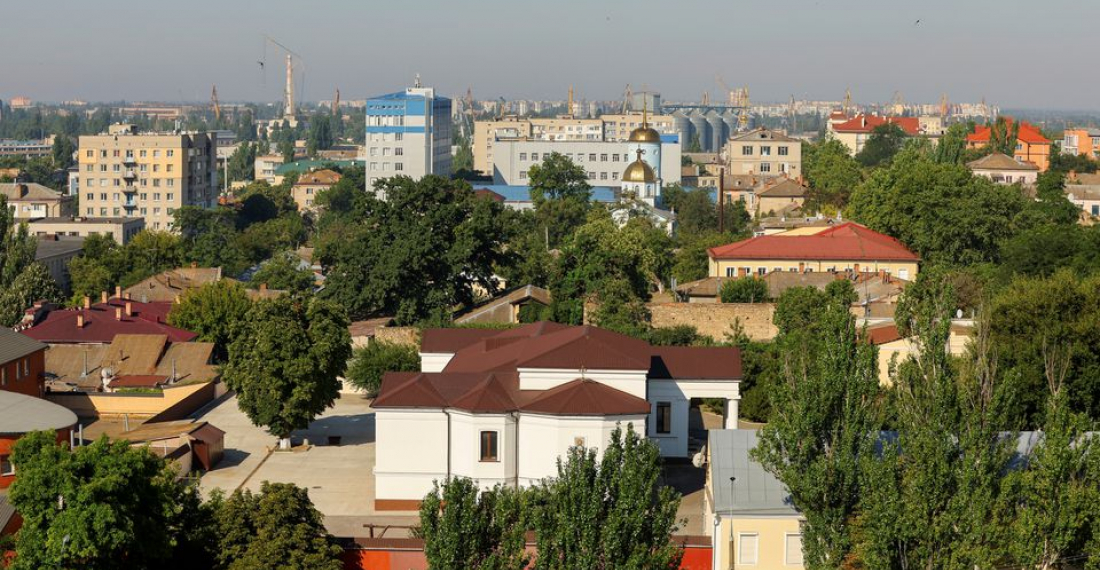Russia's leadership has ordered its troops to withdraw from the Ukrainian city of Kherson. It was the only regional capital Russian forces were able to capture after invading in February.
The news was welcomed cautiously in Ukraine, where the government said it will proceed carefully to avoid losses.
Some commentators however are saying that it is the first step to forcing a complete Russian withdrawal from Ukrainian territory. "Today Kherson, tomorrow Sevatopol" is what many Ukrainians hope, referring to the port city on the Crimean peninsula.
Russia's commander in Ukraine, Gen Sergei Surovikin, said on Wednesday (9 November) it was no longer possible to keep supplying the city.
The withdrawal means Russian forces will pull out entirely from the western bank of the River Dnipro. The military's top brass announced the decision on Russian state TV, with Gen Surovikin reporting on the situation on the ground in Kherson. "In these circumstances, the most sensible option is to organise the defence along a barrier line along the river Dnipro," Gen Surovikin told the meeting.
Russia's annexation of Kherson, and three other occupied regions, was announced with a lot of fanfare by president Putin at the end of September.
But its decision to pull back across the Dnipro river was treated with caution by Ukrainian officials. In his nightly address on Wednesday, President Volodymyr Zelensky said Kyiv was moving "very carefully" after the announcement. The enemy does not give us gifts, does not make 'goodwill gestures', we win it all," he said. "Therefore, we are moving very carefully, without emotions, without unnecessary risk, in the interests of liberating all our land and so that the losses are as small as possible."
source: commonspace.eu with BBC (London) and agencies
photo: The city of Kherson in Ukraine (archive picture)






